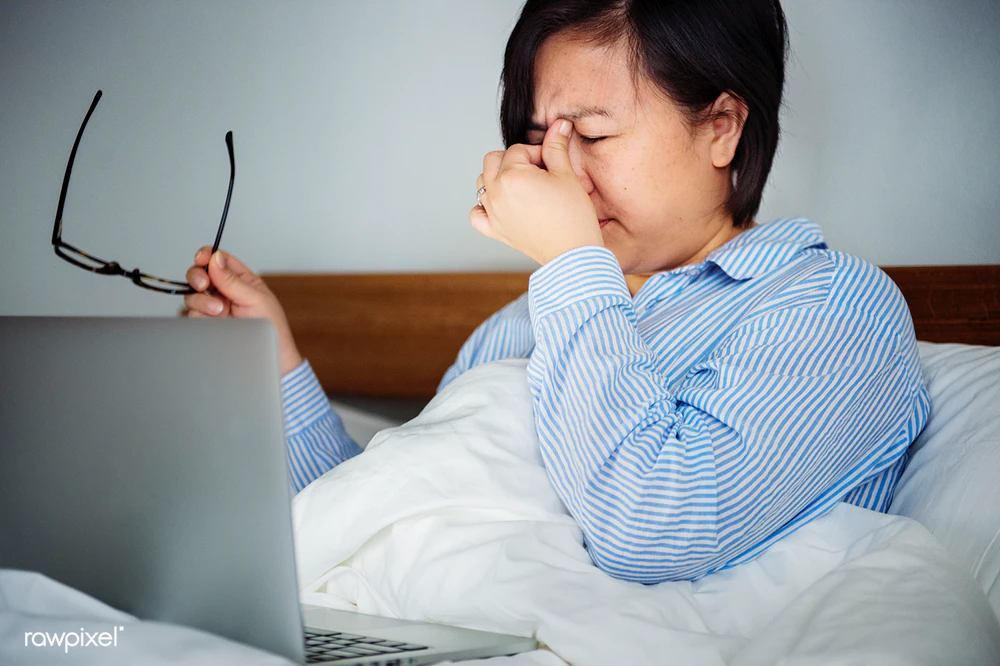When your work has you up at odd hours, getting quality sleep can be a challenge. Working those overnight and long shifts can quickly throw your body’s circadian rhythm out of whack, which can have a major impact on your ability to sleep. If you are currently dealing with insomnia or other sleep issues due to your shift work, know that there are steps you can take to curb those problems. You can try these simple tricks for restoring your sleep quality and keeping yourself healthy.

Change Your Sleep Environment
Since doctors, nurses, and other shift workers tend to work overnight, sleeping in a room with windows can be a major obstacle to getting the sleep they need. If your bedroom lets in a lot of natural light, you should consider blackout curtains to prevent those rays from keeping you awake during the day. Of course, sleeping in a completely blacked out room can also disrupt the circadian rhythm that helps you wake feeling refreshed, so also add a sunrise clock to your bedroom, so you have a gentle way to wake up your mind and body after a sleep session.
Monitor Your Nutrition Habits
Working long shifts and late nights can do a number on your sleep, but this sort of work schedule can also do a number on your diet. While it may be tempting to grab fast food and processed snacks during and between shifts, you should know that your food habits can also affect how well you sleep. Obviously, consuming caffeine-laden drinks or foods before bedtime can interfere with sleep, but eating too much sugar or not getting enough fiber can also make your sleep feel less refreshing. So make your meals at home or use a meal prep service to eat better.
Stick to Your Exercise Routines
Burning calories can also help you sleep better. Even small amounts of exercise, such as taking an after dinner walk or jumping rope for a few minutes, can help burn excess energy and help you get to sleep after a long shift. If you find it difficult to get exercise with your busy schedule or if your energy levels are just feeling low, you could also try a quick workout. These total body workouts are short in duration but can provide some big health benefits.
Help Your Brain and Body Unwind
If you feel anxious or restless after a long or stressful shift, overcoming those feelings can be the key to getting better sleep. You can also use sleep apps to help reset your body’s internal clock, and some apps feature alarm clocks designed to wake you up in a way that helps you feel more refreshed, even when you can only sleep for a few hours. Finally, exercise caution when using sleep aids and make sure you understand the possible side effects of using OTC, prescription, and natural types, and how they impact your sleep quality.
Reassess Your Mattress Needs
Did you know that one of the leading causes of back pain is sleeping on a bad mattress? A bad mattress can be a bed that is old or worn out, but many people are surprised to know that sleeping on a mattress that doesn’t fit their sleep style can be a cause of morning back pain as well. So if you suspect that your mattress may be causing you pain, which of course will affect how well you sleep after shifts, consider shopping for a mattress that will relieve your pain. If you sleep on your side, a hybrid model could reduce the inflammation and pressure on your back. If you are heavier, you may want to look for an innerspring mattress for support.
Being a shift worker takes some serious dedication, but it shouldn’t mean you’re losing out on sleep. You need sleep in order to perform well at work, and you also need sleep to maintain your physical and mental health. So try the steps above to get better sleep, and if those do not work, consider consulting your healthcare provider for more advice on improving your sleep.
Photo Credit: Rawpixel
